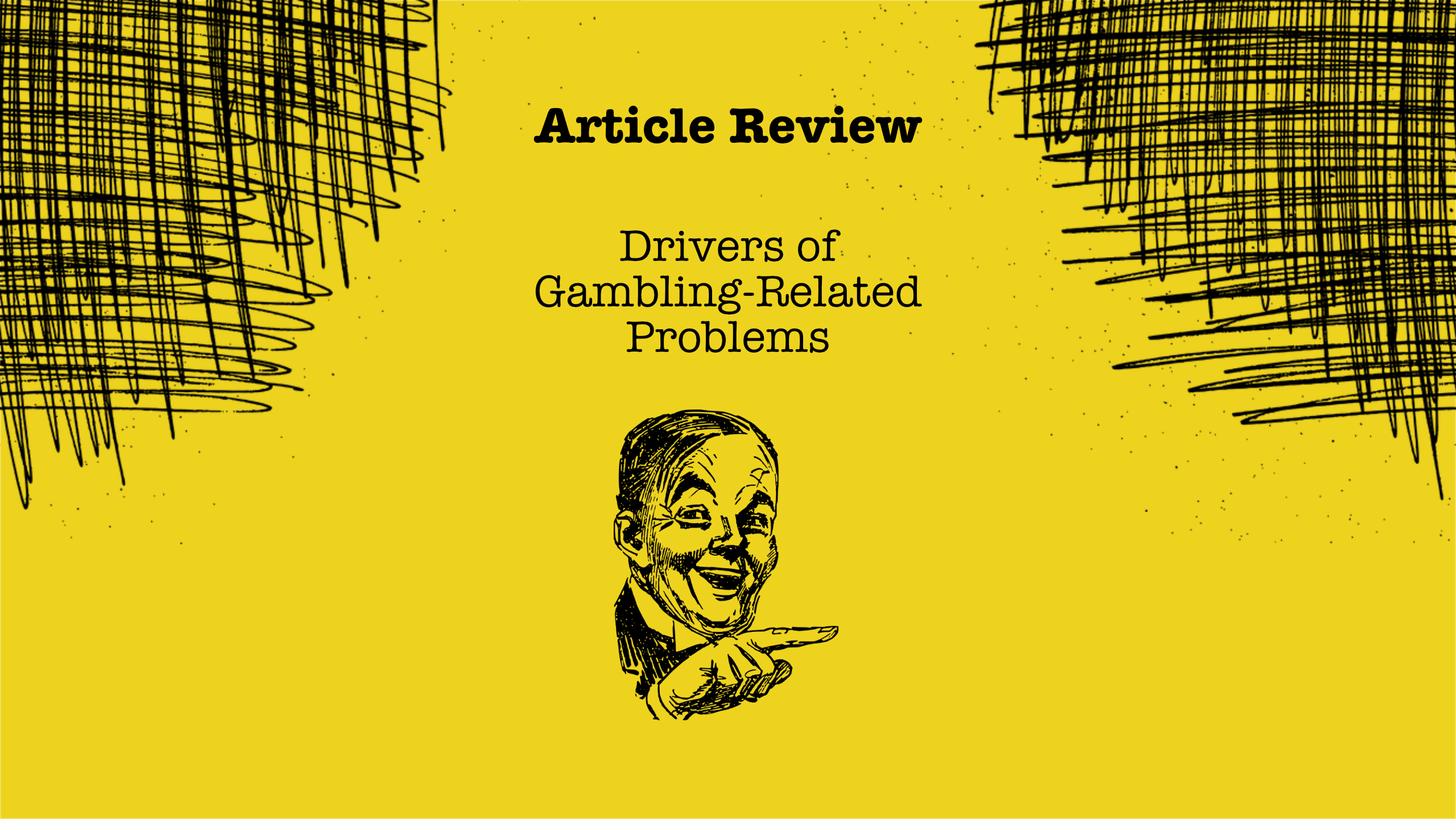Drivers of Gambling-Related Problems
The paper examines the risk factors associated with problematic sports betting. Young men who speak a language other than English, bet frequently, and engage in other forms of gambling are particularly vulnerable. The study revealed that those who bet for money and those with erroneous cognitions, gambling urges, and alcohol issues are at greater risk. The perceived skills of sports bettors are cognitive distortions, which lead to illusionary control and interpretive biases. Limiting sports betting to events that one is interested in watching can reduce the likelihood of developing a problem. Interventions aimed at reducing problematic sports betting should target high-risk individuals, such as younger men who engage in multiple forms of gambling.
